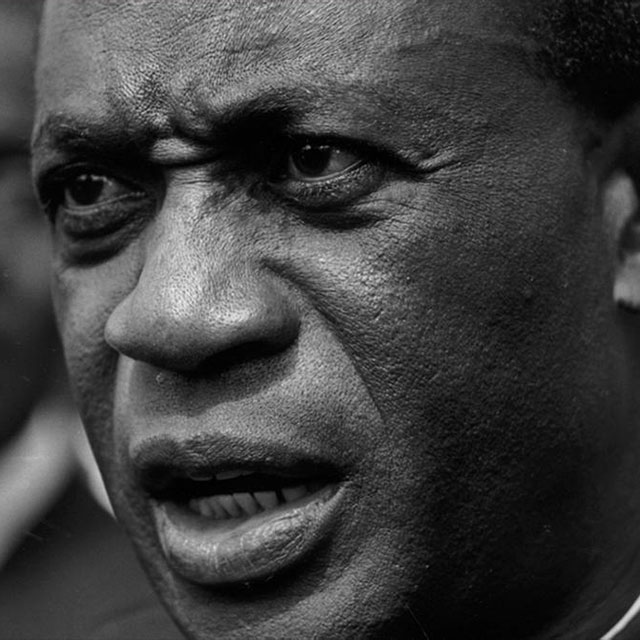Harnessing Renewable Energy in Africa: Challenges and Opportunities

With over ten years of experience co-developing multi-sector innovation strategies…
Africa is a continent endowed with abundant renewable energy resources, ranging from solar, wind, and hydro to geothermal and biomass. Despite this potential, much of the continent still struggles with energy poverty and inadequate infrastructure. However, the growing urgency to combat climate change and the need for sustainable development has led to a renewed focus on the untapped potential of renewable energy in Africa. This article will analyze the potential of renewable energy sources in Africa, the challenges faced in its implementation, and the opportunities for sustainable development.
The Potential of Renewable Energy in Africa
Africa’s renewable energy resources are vast and diverse, with the potential to significantly contribute to the continent’s energy needs and reduce its reliance on fossil fuels. Some of the key renewable energy sources in Africa include:
- Solar Energy – With abundant sunshine throughout the year, Africa has tremendous potential for solar power generation. Countries like Morocco and South Africa have already invested heavily in large-scale solar projects, while small-scale solar solutions are providing off-grid communities with access to electricity.
- Wind Energy – Africa’s extensive coastline and large open spaces make it an ideal location for wind power generation. Countries such as Kenya and Ethiopia have already started tapping into this resource with large wind farms.
- Hydropower – Africa has significant untapped hydropower potential, particularly in countries like the Democratic Republic of Congo, Ethiopia, and Zambia. Expanding hydropower infrastructure can provide a reliable source of electricity for millions of people.
- Geothermal Energy – The East African Rift System is a rich source of geothermal energy, with Kenya leading the way in harnessing this resource for power generation.
Challenges Faced in Implementing Renewable Energy in Africa
Despite its vast potential, the adoption of renewable energy in Africa faces several challenges, including:
- Limited Infrastructure – Many African countries lack the necessary infrastructure to support large-scale renewable energy projects, such as transmission lines and energy storage facilities.
- Financing Constraints – Renewable energy projects often require significant upfront investment, and many African countries struggle to attract sufficient funding from both domestic and international sources.
- Regulatory Barriers – The lack of clear and supportive regulatory frameworks in some countries can hinder the development and implementation of renewable energy projects.
- Technical Expertise – A shortage of skilled professionals in the renewable energy sector can limit the success of projects and the development of local industries.
Opportunities for Sustainable Development
By overcoming these challenges, Africa can unlock the immense potential of renewable energy and foster sustainable development across the continent. Some of the key opportunities include:
- Energy Access – Renewable energy can provide a solution to the energy poverty faced by millions of Africans, particularly in rural and off-grid communities, by offering decentralized and cost-effective energy sources.
- Job Creation – Investing in renewable energy projects can create jobs and stimulate economic growth, supporting local industries and fostering skills development.
- Climate Change Mitigation – Transitioning to renewable energy can help African countries reduce their greenhouse gas emissions and meet their climate change commitments under the Paris Agreement.
- Energy Security – By diversifying their energy mix, African countries can reduce their reliance on imported fossil fuels and strengthen their energy security.
Conclusion
Harnessing renewable energy in Africa presents both challenges and opportunities for sustainable development. By tapping into the continent’s vast renewable energy resources and overcoming the barriers to implementation, Africa can pave the way for a cleaner, more secure, and more prosperous future.
What's Your Reaction?
With over ten years of experience co-developing multi-sector innovation strategies and shaping policy with global institutions. My research and work focus on value and transform systems across education, design, life science, and manufacturing industries.







